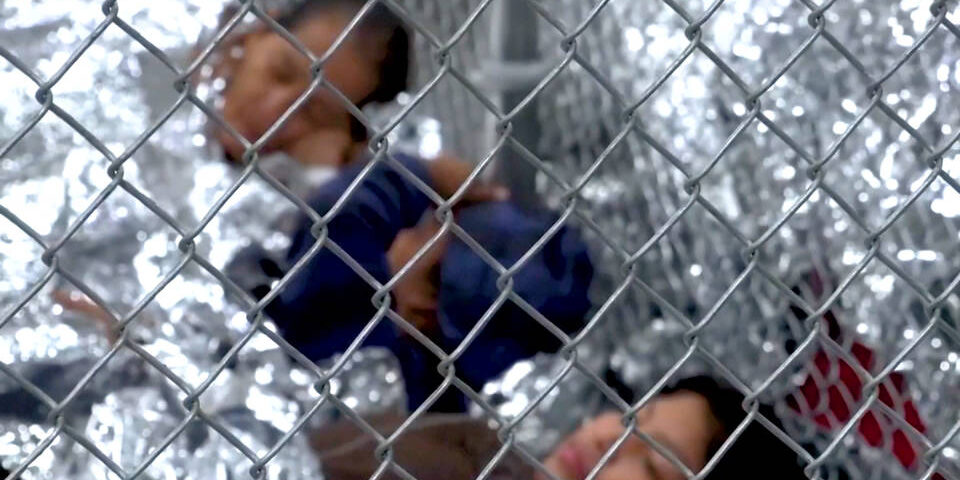The hearts of many Americans ached over the separation of children from their parents at the US border. And rightly so. Children that lack the care and protection of family are, literally, among the most vulnerable beings on earth.
That is why, as argued on this blog, “all good public policy begins with the priority of family.”
Today, most of the 2,000 to 3,000 children separated from their parents at the border have been reunited, or soon will be. That’s good news we can all cheer.
But we also must pause before our concern simply moves on with the next news cycle. If our hearts were indeed troubled at the thought of children facing the world without parental love and care, we have more to do.
Today, and every day, some 430,000+ children wake up apart from their parents in foster care. Globally, an estimated 8 to 10 million boys and girls live in institutions, many of them far worse than the U.S. detention centers seen on TV. Myriad more face even greater danger on the streets.
It takes just one caring adult to make a life-long difference for a vulnerable child.
It’d be easy to be paralyzed by these numbers. But there’s a single statistic that matters more than any other: it takes just one caring adult to make a life-long difference for a vulnerable child.
One mentor. One caring foster parent. One volunteer that helps a child reunite with their parents or find a caring relative. One adoptive family. One patient teacher.
One.
Knowing this puts the question back to us. Was it enough just to feel something? Does the fact that our hearts were moved make us good people – better, perhaps, than those who weren’t as troubled as we were? Or might our sense of conviction require more of us? Might it call us not only to feel, but to do?
Might our conviction require more of us?
It may be that our feelings of empathy or indignation carry a certain danger. We might find in them a sense of self-satisfaction that insulates us from responsibility to our neighbor. As C.S. Lewis observed, whenever we feel without acting, we grow less able to act. Over time, this failure to respond callouses the soul – leaving us less able to feel, too.
The good news is that we can act, today. There are many ways we can work on behalf of kids that lack family…and also to aid families in danger of disintegration. Here are seven:
- We can explore foster care – whether for unaccompanied refugee children or the 430,000+ children in the US foster system;
- We can volunteer with programs that serve families in crisis or support teen moms;
- We can become a CASA;
- We can give generously to trustworthy organizations serving orphaned children and vulnerable families around the world;
- We can use our unique skills to bring good to youth in the foster system – whether we’re a teacher or lawyer, mechanic, orthodontists, or beautician;
- We can welcome young adults who’ve “aged out” of foster care to our homes for holidays and family meals;
- We can provide babysitting or yard care or any number of other encouraging supports to adoptive and foster families;
Doing is much more costly than just feeling. It is much more rewarding as well.
The truth is, when it comes to working on behalf of children who lack family today – whether their loss of protection and care is temporary or permanent – anyone can play a part.
Yes, we’ll likely find acting to be much more costly than feeling. We’ll find it much more rewarding as well.

